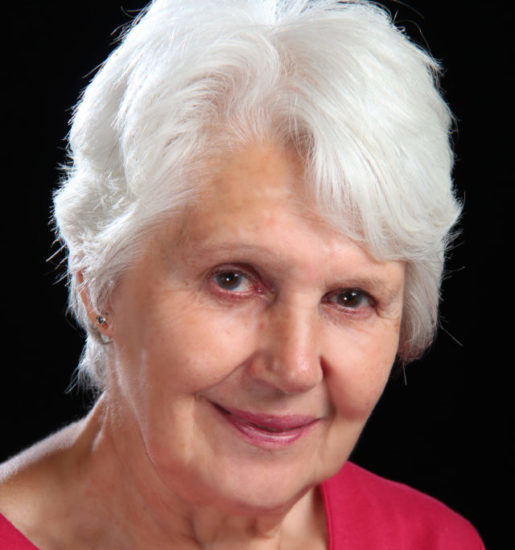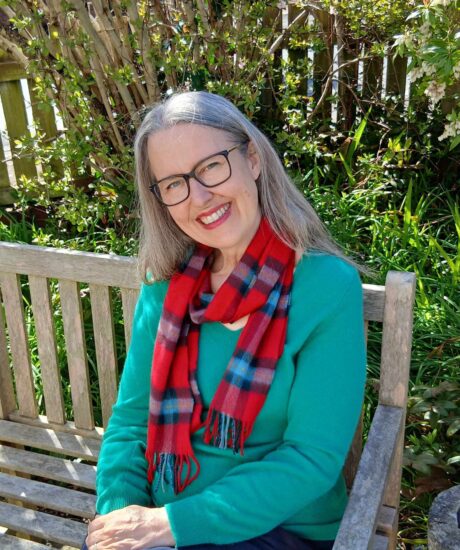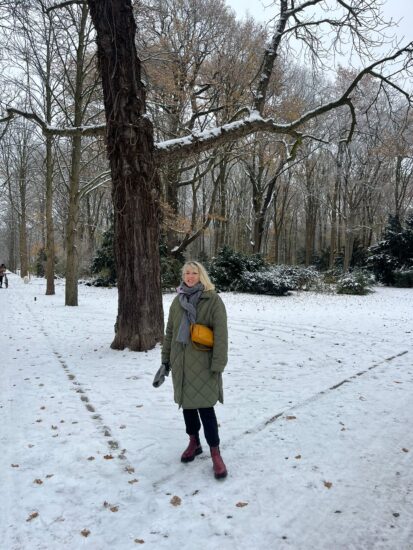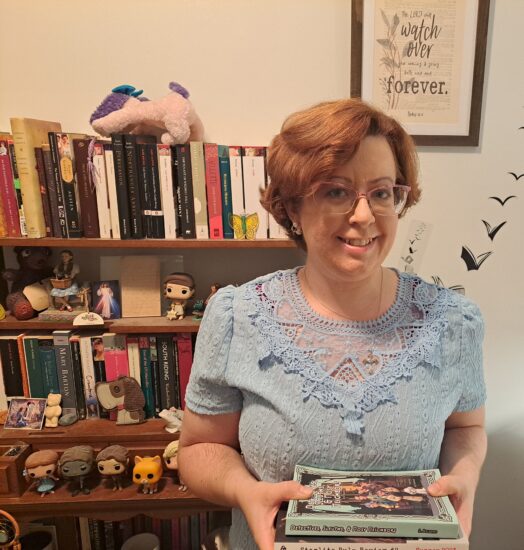
Friend favourite Pamela Kavanagh’s new serial About The Hollow Ground begins in this week’s issue, so it’s my pleasure to invite her to be my Writer of the Week.
Can you tell our readers what your latest serial is about?
It’s about Nan, a young woman left to manage a failing farm after the death of her father. Along comes a stranger; a man with a past, desperate for work. He’s quite persuasive and gets taken on, to the disapproval of the two existing farm hands. But things are not all as they seem at Cross Lanes Farm. Newcomer Piers Merriman senses an air of mystery surrounding the demise of the late gaffer. His work mates have their suspicions about their new colleague, too. Merriman might be skilled in matters rural, but what is his background? Why come to this remote spot in the hills, if not to hide away? The layers go deeper and deeper.
You’ve been writing for the Friend for many years now – how on earth do you keep the ideas flowing?
My first Friend story was called The Long Journey, published in 1995 – and that makes me feel ancient! It has been a steady stream ever since. I’m often asked where the ideas come from and really, it’s hard to explain. I suppose – everywhere. Something someone says. A passage in a poem. A painting or an old photo. More often than not, though, the stories just seem to appear. I’m an avid daydreamer, always was. Used to get into trouble at school for not paying attention…
Period stories are your signature style. What makes them more appealing to write?
I’m intrigued by the past, the way people were and how they coped with often very hard lives. I’m also disgracefully un-savvy with present-day technology so period stories are a good cop out!
Do you still harbour writing ambitions?
There is always ambition, the wish to be a better writer. I do children’s pony mysteries for a Scandinavian publisher and these keep me pretty busy. The adult books that have sprung from my pocket novels and Friend serials fulfilled a dream to be published in the UK – and I do enjoy the short story work. It’s good writing discipline for one thing. No room for being wordy – one of my many failings.
I’d love to do a sequel to a Tudor drama I wrote many years ago. The characters are whispering; usually a sign of a story waiting to be written.
Notebook and pencil or laptop? Kitchen table or study? Blank wall or inspiring view?
I can scribble anywhere and for this it’s an A4 pad and pencil with a rubber on the end. For serious work it has to be the quiet study in an upstairs room, lined with books and overlooking the garden (for gazing at when I’m stuck. A long walk also helps blow the cobwebs away).
And a PS: What’s your one top tip for aspiring writers?
Write about what you love. Chance is others will love it too.
Don’t miss another post by our Fiction Editor, sign up for our newsletter now!




